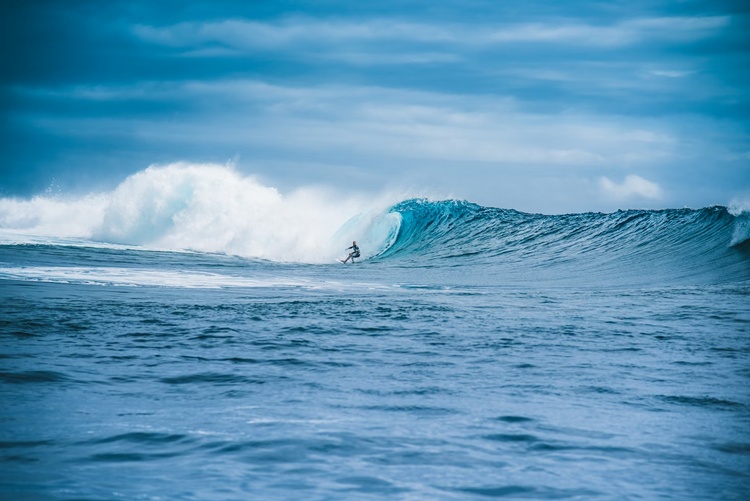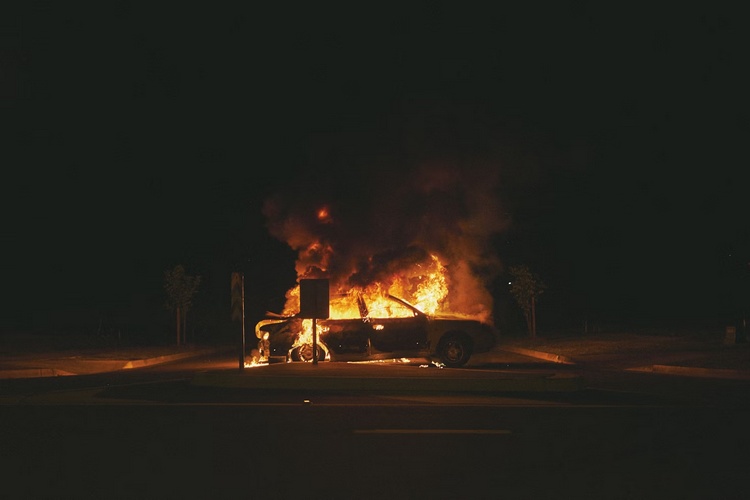June 2 NEC Energy News
¶ “Paris Aims For Most Sustainable Olympics Yet; Organizers Say Plan Isn’t Perfect” • Of all the decisions that the Paris Olympics organizers made about where to hold each sport, sending surfing competitions to the other side of the world – in the Pacific waters of Tahiti – provoked the strongest reactions. But the decision was based on climate goals. [ABC News]

¶ “IAEA: Restarting Europe’s Largest Nuclear Power Plant, Which Is Occupied By Russians, Impossible” • International Atomic Energy Agency Director General Rafael Grossi said restarting the Zaporizhzhya NPP under the current conditions is not possible. It is the largest nuclear facility in Europe, but it is occupied by Russia and the target of attacks. [uatv.ua]
¶ “Big Oil’s Climate Deception: A Tale Of Disinformation And Doublespeak” • The oil industry’s reputation has taken another hit with recent discoveries exposing decades of climate change misinformation. The discoveries reveal the industry’s persistent denial and disinformation campaign, even as scientific consensus on climate change has solidified. [MSN]
¶ “EVs Don’t Catch On Fire As Frequently As Gas-Powered Cars Do” • The media is full of stories about EVs that catch on fire, but research doesn’t support that claim. In fact, data shows that EVs are much less likely to burst into flames than vehicles powered by internal combustion. The IIHS says it never had an EV catch fire in crash testing. [CleanTechnica]

¶ “Panama Prepares To Evacuate First Island In Face Of Rising Sea Levels” • On a tiny island off Panama’s Caribbean coast, about 300 families are packing their belongings. The Gunas of Gardi Sugdub are the first of 63 communities along Panama’s coasts that officials and scientists expect to be forced to relocate by rising sea levels in the coming decades. [ABC News]
¶ “On the Road to Increased Transmission: Flexible Alternating Current Transmission Systems” • Just like busy roads, the US transmission system can experience congestion, leading to the electricity moving inefficiently. But even if larger transmission lines are added, the electricity will not automatically take the new, less-congested route. [CleanTechnica]
For more news, please visit geoharvey – Daily News about Energy and Climate Change.
